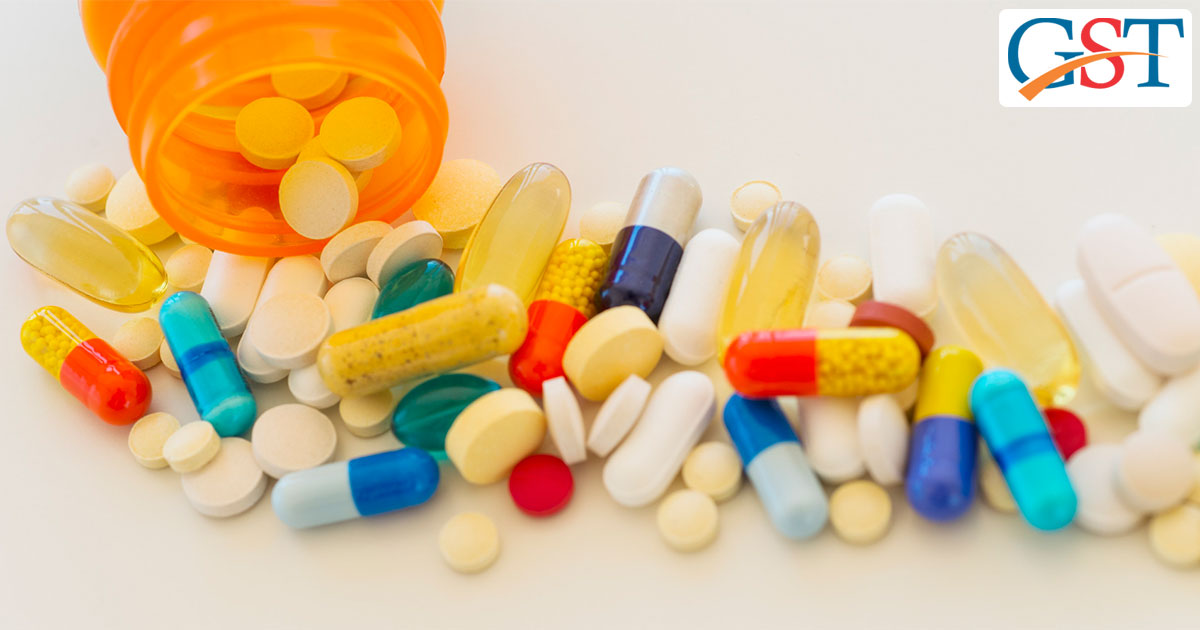In the name of GST, the renowned 40 leading pharmaceutical companies in the country have not only looted the government within five months of GST implementation but also have not deposited tax to the treasury of the government. They have also taken refund individually in the name of the input tax credit. The pharmaceutical companies in India have earned money by three illegal ways. Tax evasion of nearly Rs 100 crores has come into front while doing an investigation of this case.
The government has already sent notices to the national and international pharmaceutical companies and seeking answers about the tax evasion. According to the Director-General of Goods and Services Tax Intelligence (DG-GSTI), which is situated in Kanpur, the cases of tax evasion has come in front after the two months of investigation. The full report related to tax evasion has been sent to the government. According to the sources, in respect of tax evasion strict actions against all pharmaceutical companies in the country will be taken by the government.
All of this credit goes to the team of officers from the department of Kanpur, Shalabh Katiyar and senior superintendent Kirtesh Pandit. An inquiry has been initiated by the tax officials against 40 drug companies on the directive of Additional Director General Rajendra Singh.
It has been disclosed in an investigation that most of the pharmaceutical companies excluding some have opted the same method of tax evasion. Tax evasion plan has been formulated by the pharmaceutical in a cunning manner and the tax officers who are investigating this case are also confused in understanding this modus operandi. After the implementation of Goods and Services Tax Regime in India, pharmaceutical companies stopped supply in the form of sample medicines to doctors and medical stores.
The pharmaceutical companies have assigned the MRP even on sample medicines. Before the implementation of GST, excise duty was levied on sample medicines and it was included in the price of medicines. The collection from the excise duty was submitted to the tax department. As the price of the sample medicines kept zero due to which the VAT was not levied. After the implementation of GST, the pharmaceutical companies have started playing the game, they put the MRP even on sample medicines but whenever the medicines came out from the company, it was treated as sample medicines. The price of the sample medicines was shown zero in the paper and due to zero price, the pharmaceutical companies had not deposited the 12 percent GST. In this manner, they had done tax evasion under GST.
Recommended: Goods and Services Tax Impact on Indian Pharmaceutical Industry
The fact is that the sample medicines were sold in MRP. Sample medicines should be given free of cost to the public but the pharmaceutical companies had charged cost on it. Apart from this, the pharmaceutical companies have also collected input tax credit on it. When the Director General of Goods and Service Tax Intelligence was working confidentially to check the effect of GST, business-to-business invoices of these pharmaceutical companies have been investigated by the tax officers. It was disclosed in the investigation that the plan of tax evasion has been executed at the level of the stockists.
